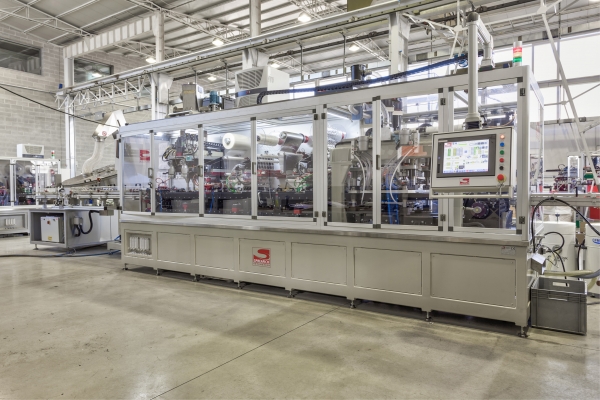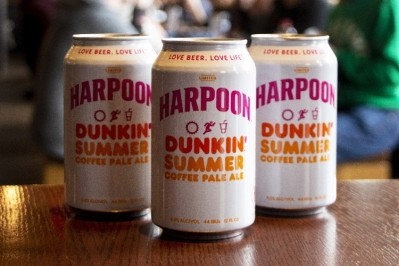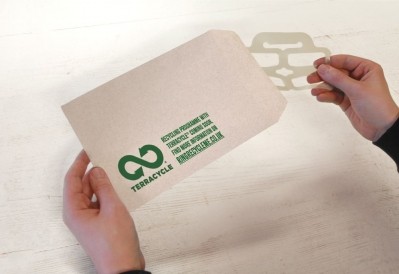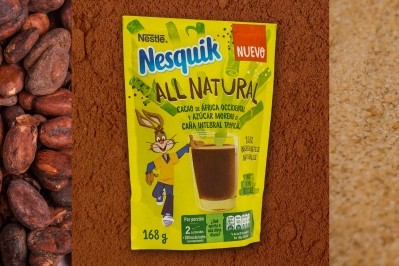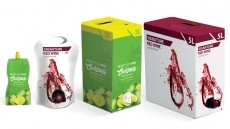Spreafico & Milan University to study the effects of coffee capsules on the environment
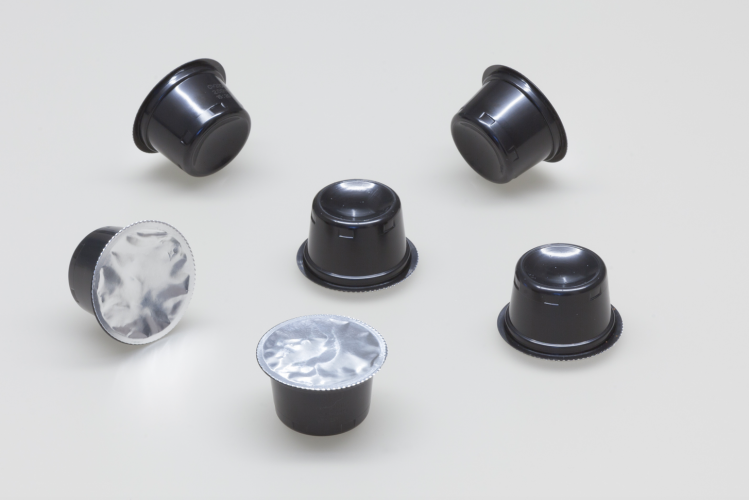
The partnership between Spreafico and the University of Milan was made possible thanks to the introduction by Gianfranco Zanarini, the owner of Sepack, a company specialising in packaging lines for the coffee industry.
Portioned coffee market
IMA signed an agreement to buy 70% of Spreafico Automation in February.
The collaboration, led by Sara Lim, associate professor, Department of Food, Environmental and Nutritional Sciences (DeFENS), University of Milan, could lead to technological advancements in the portioned coffee market.
Spreafico has installed a custom-made machine, which it designed and built at its plant in Calolziocorte, Lecco, Italy, to assist the research team on the project.
Spreafico hopes to acquire knowledge in the field of self-protected capsules and their behavior according to type and different use conditions, which could be beneficial to small-medium roasters and larger manufacturers.
The project, which started last summer, takes into consideration self-protected capsules that do not need an exterior packaging but already have a barrier that ensures the product’s shelf life, ie those similar to Nespresso and A ModoMio.
According to data by IRi 2017, the capsule industry (both self-protected and standard) saw an 18.8% increase in value and 20% in volume, in the Italian market alone.
As part of the project, the research team will anlayse plastic materials used for making the capsule, the gas mixtures employed for the vacuum inside the capsule, the type and features of the packaging machines that are used and the quality of the ground coffee.
Plastic structures
The preliminary phase of the study has included a comparative analysis of the different capsule types currently on the market, which have been examined by parameters such as the layers of the plastic structures, the evolution of the packaging gases to understand the sensory and qualitative changes of coffee.
The goal is to define how the interactions of all of these elements affect the quality of the finished product, to be aware of and create conditions for an optimal capsule packaging, which guarantees the fragrance of the coffee produced but also a shelf life that is as long as possible.
Understanding how to optimize not only the filling and packaging phases, but the composition and preparation of the capsule, could have a big impact on the industry, especially now that the sector is facing challenges driven by the environmental impact of these materials.
For example, a reduction in the thickness of the materials used or the ability of ensuring the correct atmosphere inside a complex system such as the capsule, could lead to a potential reduction in the environmental impact generated not only by the release of materials in the environment, but by the loss of product, an aspect which is often underestimated.
Objective evidence, on the contrary, shows, in the food industry, the loss of product caused by inadequate protective packaging plays a big role in the overall environmental impact of the sector.
Advantages of the study by Spreafico and Defens could lead to benefits for the whole production and distribution chain of coffee capsules.
